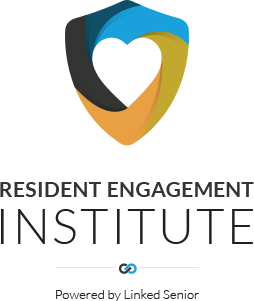Hearing impairment refers to a decrease in the ability to understand sounds, particularly speech sounds.
According to 2005 estimates by the World Health Organization (WHO), 278 million people worldwide have moderate to profound hearing loss in both ears.
When it comes to older adults, hearing loss is one of the most common conditions. The National Institute on Deafness and Other Communications Disorders. (NIDCD) states that one in three people older than 60 and half of those older than 85 have hearing loss. Hearing problems can make it hard to understand and follow a doctor’s advice, to respond to warnings, and to hear doorbells and alarms. They can also make it hard to enjoy talking with friends and family. All of this can be frustrating, embarrassing, even dangerous, but diagnosing hearing loss can easily be done through comprehensive, painless testing in an audiologist’s office.
A recent study by the Better Hearing Institute shows that between 53 percent and 63 percent of the residents in a number of nursing homes were found to suffer from serious hearing loss but the nursing home staffs were aware of fewer than half of these instances.
The high number of undetected hearing loss points to common failures in the treatment of the elderly. Symptoms such as confusion, withdrawal and disorientation may be caused by untreated hearing loss. But as long as the hearing loss remains undetected there is a risk that the elderly are treated as if they suffered from Alzheimers disease or dementia.
In an effort to make its product as accessible to the greatest number across senior communities, Linked Senior recently partnered with the Northern Virginia Resource Center for Deaf and Hard of Hearing Persons (NVRC ). The objective of the partnership is to raise awareness of such issues and to create a guide to help hard of hearing people find the right equipment to better address their needs and enjoy the Linked Senior service. This guide can be found here.
Established in 1988, NVRC is a 501(c)(3) nonprofit organization that serves deaf and hard of hearing people and their families, friends, co-workers, employers, and business and government agencies. Its mission is to empower deaf and hard of hearing individuals and their families through education, advocacy and community involvement.
From more information on NVRC, please contact Debbie Jones, NVRC Resource and Technology Specialist, djones@nvrc.org or 703-352-9055 Ext. 101 or visit www.nvrc.org.

